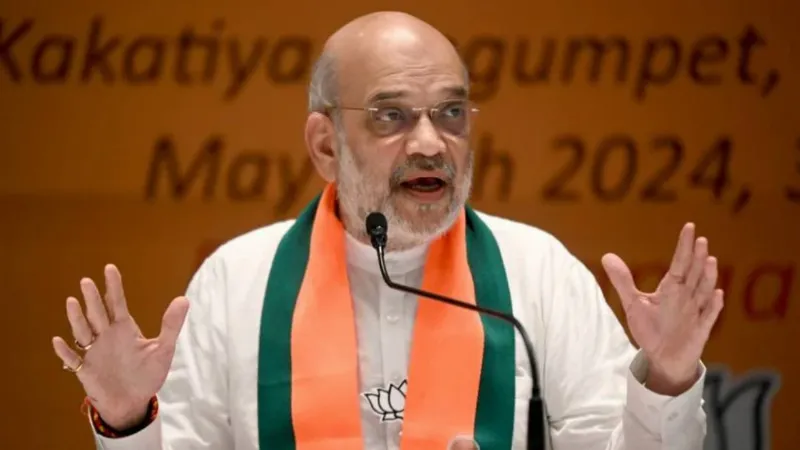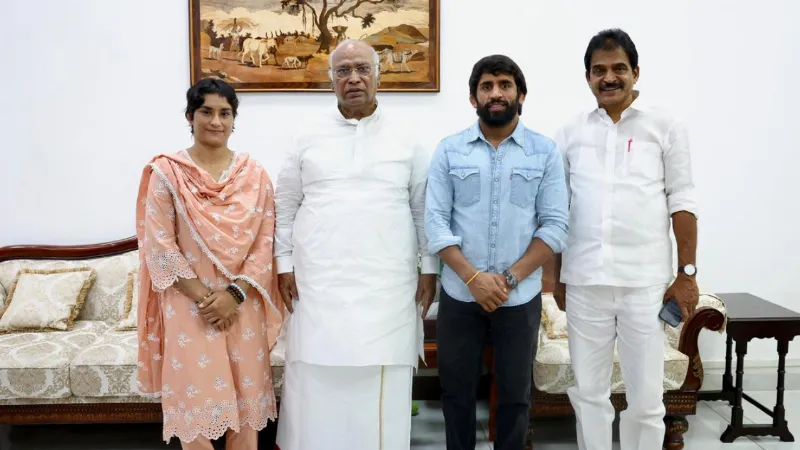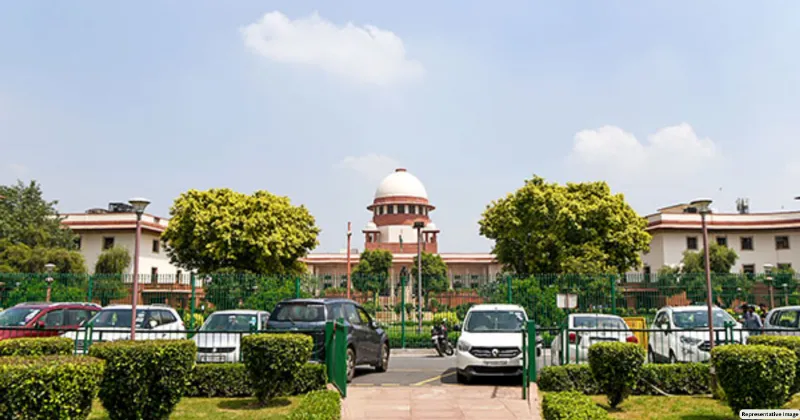THE END OF THE ‘NEW ELIZABETHAN AGE’

When Queen Elizabeth II came to the throne in 1952, Britain was just seven years out of the second world war. Rebuilding work was still ongoing, and rationing key products such as sugar, eggs, cheese and meat would continue for another year or so. But the austerity and restraint of the 1940s was giving way to a more prosperous 1950s. It is perhaps no wonder, then, that the Queen’s succession was hailed as the “new Elizabethan age”. Society was changing, and here was a young, beautiful queen to sit at its helm. Seventy years later, Britain looks very different. Elizabeth II ruled over perhaps the most rapid technological expansion and sociopolitical change of any monarch in recent history.
GLOBAL BRITAIN
If Elizabeth I’s reign was a period of colonial expansion, conquest and domination, then the “new Elizabethan age” was marked by decolonisation and the loss of Empire. When Elizabeth II succeeded the throne, the last vestiges of the British Empire were still intact. India had been granted independence in 1947, and other countries soon followed throughout the 1950s and 1960s. Although it existed from 1926, the current Commonwealth was constituted in the London Declaration 1949, making member states “free and equal.” The Commonwealth has a veneer of colonial power given that it shares a history with Empire, and continues to invest the British monarch with symbolic power. The Commonwealth featured heavily in the 1953 coronation ceremony, from television programmes showing Commonwealth celebrations. She continued to celebrate the Commonwealth throughout her reign.
THE MEDIA AND THE MONARCHY
At the coronation, the British prime minister, Winston Churchill, allegedly responded to proposals to broadcast the ceremony on live television that “modern mechanical arrangements” would damage the coronation’s magic, and “religious and spiritual aspects should [not] be presented as if it were a theatrical performance”. Television was a new technology at the time, and it was feared that televising the ceremony would be too intimate. Despite these concerns, televising the coronation was a big success. The research project “Media and Memory in Wales” found that the coronation played a formative role in people’s first memories of television. Even nonardent monarchists could give an intimate account of their experiences. Social media has given the monarchy access to new audiences: a younger generation who are more likely to scroll royal photographs on phone apps than read newspapers.
POLITICAL FIGURES
The Queen succeeded to the throne during a period of radical political transformation. The Labour Party’s Clement Atlee had won office in 1945 in a sensational, landslide election which seemed to signal voters desire for change. The establishment of the NHS in 1948 as a central policy of the postwar welfare state, promised support from cradle to grave. Winston Churchill’s Conservative party retook parliament in 1952. Churchill spoke to a different version of Britain: more traditional, imperialist, and staunchly monarchist. Such contrasting ideologies were visible in responses to the Queen’s coronation in June 1953.
FINAL YEARS
As she approached her tenth decade, she finally began to slow down, delegating more of her official duties to other members of the royal family – even the annual laying of her wreath at the cenotaph on Remembrance Sunday, while in May 2022 she delegated her most important ceremonial duty, the reading of the Speech from the Throne at the State Opening of Parliament, to Prince Charles.
WHAT NEXT?
This is the image of the Queen that many will remember: an older woman, dressed pristinely, clutching her iconic, familiar handbag. While she was head of state throughout many of the seismic political, social and cultural changes of the 20th and 21st centuries, the fact that she rarely gave a political opinion means she successfully navigated the monarch’s constitutional political neutrality. The Queen remained an image: indeed, she is the most represented person in British history. The Queen’s death is bound to prompt Britain’s reflection on its past, its present and its future. Time will tell what the reign of Charles III will look like, but one thing is for sure: the “new Elizabethan age” is long gone. Britain is now recovering from recent ruptures in its status quo, from Brexit, to the COVID-19 pandemic. Charles III inherits a very different country than that of his mother. What purpose, if any, will the next monarchy have for Britain’s future?
SOURCE: THE CONVERSATION





















